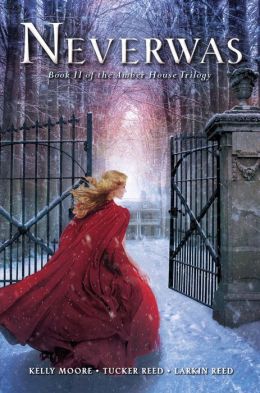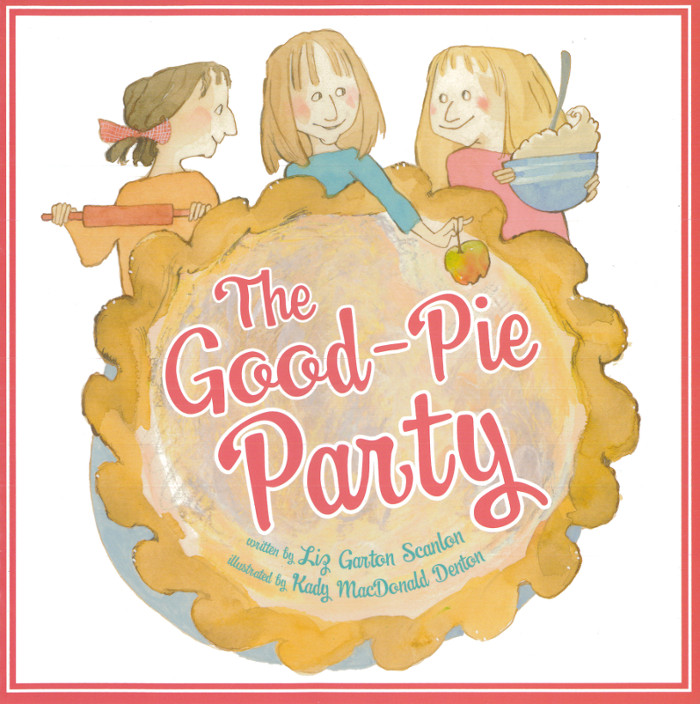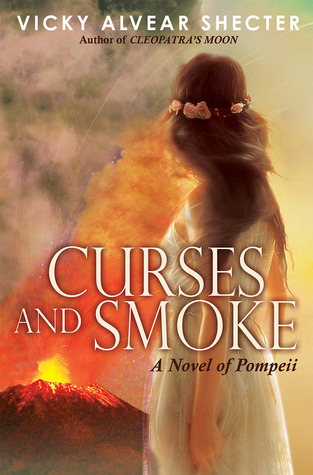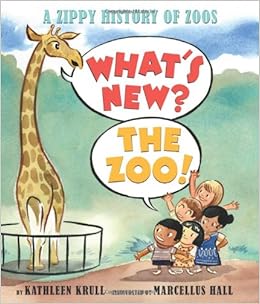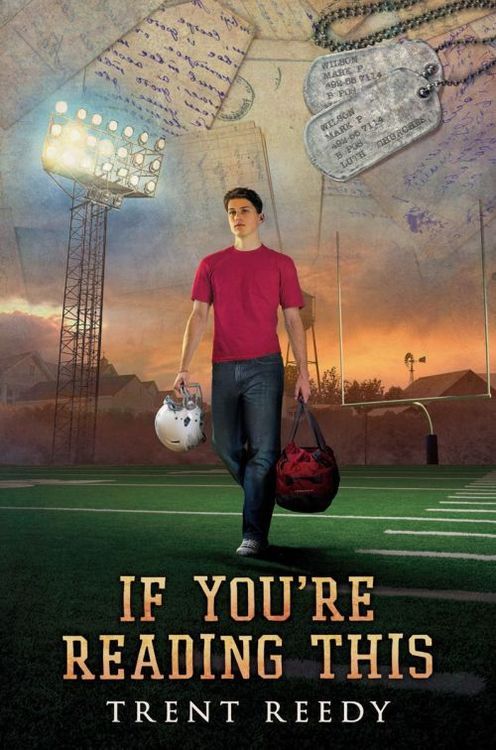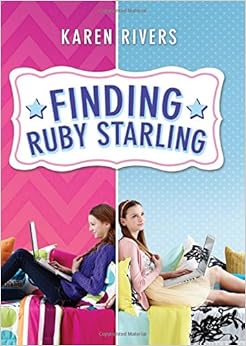For Christmas in 2007, about a year and a half after we met, I gave James this Lonely Planet guide to India, which we both very much wanted to visit. The book was an investment and a promise, a pledge and a challenge. But through the next five years, as other journeys and interests took up our lives, it sat on a shelf, quietly waiting.
Then it came time to plan our honeymoon, and there was never any doubt where we were going.
A screen at the Qutb Minar complex in south Delhi
James did nearly all of the planning here, and deserves all of the credit. We started in Delhi, in the "Mughal North" -- so called because many of the ancient buildings were built by the Mughal emperors . . .
. . . including this one, built by Shah Jahan as a tomb for his wife, Mumtaz, near Agra (where we went next). Twenty-two thousand people labored for twenty-one years on the Taj. Shah Jahan intended to build a black mausoleum that was otherwise identical to the Taj Mahal across the river from it, but his son Aurangzeb felt that he was spending too much time and money on buildings, so he imprisoned his father until his death here . . .
. . . in the Agra Fort, in an apartment with a view of the Taj. We learned incredible history like this over and over again in India -- of Akbar, Shah Jahan's grandfather, who established tolerance between Muslims and Hindus (before Aurangzeb threw it away), and the process of Independence and Partition, so very human and complicated -- and it made me angry with my world history classes in school, because why were we so big on Europeans when Indian history was just as awesome? Why didn't we learn about this too?
These forts are astonishing structures -- huge castles that outdo any European fortresses I know of in scale and impact. The Agra Fort here was specially designed to withstand attack by an enemy who would be riding elephants, including a sloped, walled entranceway where defenders could pour boiling oil on invaders, and then roll boulders down the ramp if the oil didn't work.
From Agra, we went to Jaipur, stopping along the way at the Chand Baori stepwell, which movie-loving readers might recognize from The Dark Knight Rises.
We splurged on the services of several drivers for most of our time in India -- a true luxury, as we didn't have to worry about catching trains or hauling baggage. (On the other hand, we often felt a little isolated from daily life, and Indian highways are the closest thing to a living game of Super Mario Kart I ever hope to experience in real life.) Nearly all of the trucks were painted with
wonderful colors and designs. I asked one of our drivers why they were so decorated, and he said basically, "Why not?" -- and indeed, our solid American trucks and buses feel very boring and impersonal by comparison.
Outside Jaipur, we visited the Amber and Jaigarh Forts, finding our way from one to the other through an open tunnel with monkeys watching us from overhead. (I told James, "This is what a honeymoon should be! Adventure plus monkeys!") In the city, we marveled at the decoration of the City Palace, including these peacocks.
We spent a lovely night at the
Deogarh Mahal -- a former maharaja's palace, now converted into a luxury hotel straight out of a fantasy novel. We scrambled over the flat roofs taking pictures, saw a Rajasthani dance performance in the courtyard here, and walked the narrow, twisting streets outside, purchasing a number of shawls from a kind shopkeeper who promised to feed us dinner the next time we came to town.
One of our most unexpected and delightful excursions was a two-hour train ride through the Rajasthani mountains, which our driver arranged for us. A little wizened man with a kettle poured us tiny disposable cups of chai (hot, delicious, sweet Indian spiced milk tea that I could happily drink at every meal for the rest of my life), for the grand price of ten rupee each (about twenty cents).
More monkeys at a train stop. I never got tired of seeing them.
From there, we went to Udaipur, the "Venice of the East" for its location on the banks of Lake Pichola. (The Lake Palace Hotel here appeared in the film
Octopussy, which played every night at half the restaurants in town.) This was likely our favorite city in India, as we loved the winding streets and views of the lake, and a wonderful vegan restaurant called
Millets of Mewar, where we went for breakfast, lunch,
and dinner over the three days we were in town.
In the city garden, this group of tourists stopped James and me and asked us to pose for pictures with them. This happened over and over again in India, pretty much everywhere we went, and especially with groups of schoolchildren or teenagers. (It is weird to think how many people's vacation photos I appear in.) I asked these ladies if I could take a picture of them minus me, because I was madly jealous of all the gorgeous saris, shalwar kameezes, tunics, and other clothes I saw on women throughout the country, but I rarely had the opportunity to take photos of said clothing with permission. As with the trucks, the brightness puts our Western neutrals to shame.

From Udaipur, we flew to Mumbai, which I also really liked.... While we did not see a great deal of the enormous city, what we did see felt like New York to me, crowded and cosmopolitan, a mix of old architecture and new structures, tradition and the cutting edge, and as everywhere in India, the enormous contrast between rich and poor. This is the city's laundry center, where (according to our tour guide, whose hand you can see here) nearly all the laundry that is sent out for washing is still hand-scrubbed, hung, and ironed. Note the skyscrapers standing just beyond.
The ironies of this contrast are further explored in
Behind the Beautiful Forevers by Katherine Boo, a nonfiction book I read on the trip, which I cannot recommend highly enough as a portrait of a community, an exploration of the causes and effects of poverty, and an extraordinary work of reportage and writing. It is set in a slum near the Mumbai airport in 2008, and I found myself constantly thinking of the people in the book while we were in the city -- wishing almost that I might run into them and find out what happened next in their lives.
The other book about India I would recommend enormously, both as historical context and just as a wonderful read, is
Indian Summer:
The Secret History of the End of an Empire, by Alex von Tunzelmann. It traces the causes of the British withdrawal, the thrill of Independence, and the disaster of Partition through five fascinating figures: Dickie Mountbatten, the British envoy; his wife Edwina, who was arguably more competent; Jawaharlal Nehru, who had an intense affair with Edwina in the midst of becoming India's first prime minister; Mohandas Gandhi, who comes off
terribly; and Mohammad Ali Jinnah, the founder of Pakistan. I kept leaning over to James to tell him fascinating facts I was learning -- such as the fact that Pakistan is a made-up name, as before Partition, there were no people called "Pakis." Rather, it was an acronym for the northwestern, mostly Muslim regions of India selected for the country: Punjab, Afghania Province, Kashmir, Sindh, and Baluchistan. Illuminating, no? And it reminded me how much the history we take as settled fact is in fact made of people's choices, like the ones our leaders decide every day...
After our tour of Mumbai, we went to see a delightfully ridiculous Bollywood film called
Dhoom 3, which was
Moulin Rouge meets
The Prestige via
Bad Boys. We couldn't understand any of the Hindi dialogue, but this mostly wasn't a problem. (Sample dialogue for the Americans: EVIL BANKER: "Who's robbing my bank?" BLONDE FEMALE COP: "It's a thief, sir.")
This was taken at Elephanta Island -- a historic site about six miles off the coast of Mumbai (with no elephants, for the record) -- and the litter was unfortunately very typical of everywhere we went in India. . . .
But then, so was the wonder I felt on seeing this, also on Elephanta -- a relief sculpture of the god Shiva, deep in a cave, radiating peace, and carved in the sixth century A.D. -- easily one of the oldest, most awe-inspiring places I've ever been. If we ever return to India, as we hope to do someday, I want to visit more sculpture caves like this.
Always good advice.
From Mumbai, we flew to Kerala, the state at the southwestern tip of the subcontinent known as "God's Own Country" -- and if you told me the Garden of Eden was located there, I would believe you. We stayed for three nights at a cardamom plantation in the mountains near Thekkady.
One day we took a three-hour nature trek through the Periyar Nature Reserve, where we saw this mama and baby elephant feeding in the wild. We also saw an awesome demonstration of
kalaripayattu, which thrilled me especially, as it's the martial art that Ash Mistry learns in
The Savage Fortress and
The City of Death.
Then we descended to the coast, where we spent a delicious night on a houseboat in the backwaters. I got up at six a.m. and watched the sun rise from our deck, along with thousands of talkative waterbirds.
On our last leg of the trip, we went to Mysore, where we visited the palace and zoo, and stayed in another palace, the
Lalitha Mahal:
Yeah, I could eat breakfast here every morning.
And our last activity of the journey was visiting a friend's digital animation company in Bangalore -- on the nineteenth floor of an anonymous office building, the lights off and the windows covered in shades, three hundred animators at rows of flatscreen computers carefully sculpting a nose here, a gesture there. That, too, is India.
As a honeymoon, it was not the easiest: I have never been on a trip that thrust my extreme privilege as a white American, and how easy I
do have it, and how intractable the world's problems are, so much in my face over and over again. I keep turning those issues over back in my New York bubble -- where we have so little history, comparatively; where I can drink the water -- and I am not sure where to start. But as a personal experience, I learned so much, and did so much, and rested and read so much, and saw so much, so that I felt sometimes like nothing but a pair of eyes -- and ate so much, as oh my goodness, the
food, the FOOD -- we have no sense of how to cook vegetables here, really, and I could also happily eat Indian food (especially Southern) at every meal for the rest of my life. And I haven't mentioned the tea plantations or the security, the cement advertisements or the languages, the milk scammers in Mumbai or James's obsession with
Shantaram, the ways in which their environmental adaptations are ahead of ours, our wonderful friends in Delhi or the boat ride in Udaipur or praying in a temple and all the other monkeys we saw . . .
It was everything I hoped it would be -- a wonderful, challenging trip that stretched my mind in the best ways. And I am so very grateful for it, and for the husband who planned it; and everything goes on.



